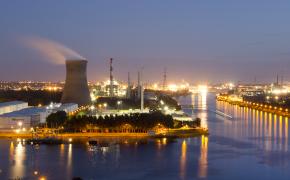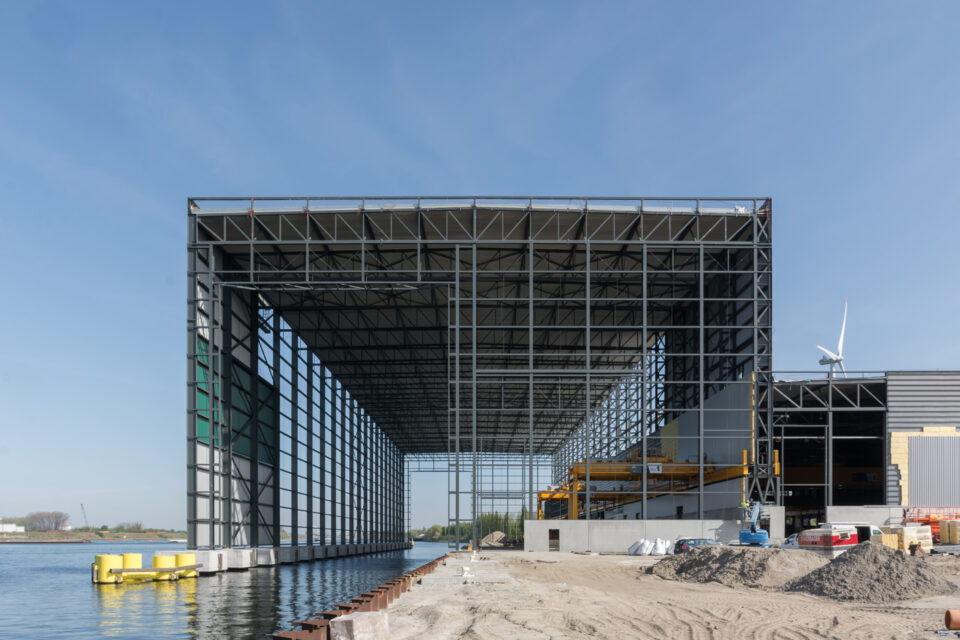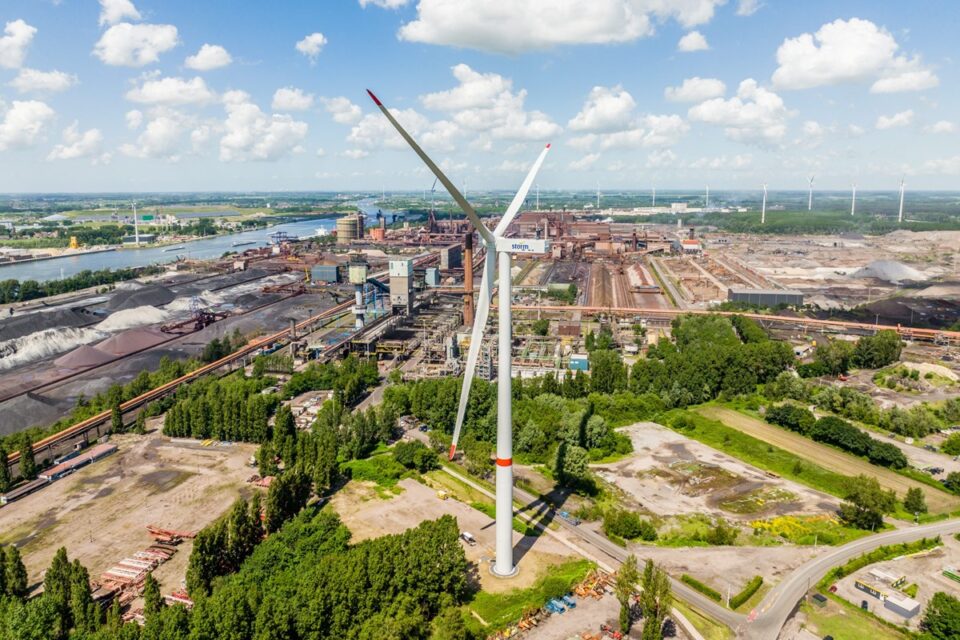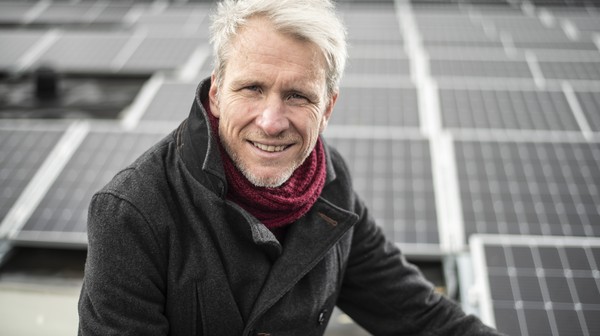North-C-Methanol project : hydrogen for a climate-neutral economy

In the transition to a climate-neutral economy, hydrogen is being given an important role as a raw material for industry. The Flemish government already strongly believes in the chemical element, and even aspires to become a European frontrunner. PMV is ready to help support its roll-out in Flanders: an expertise cell is gathering knowledge to finance potential ideas and actively participate in the development of hydrogen activities in Flanders through public-private partnerships.
Making industry climate-neutral by 2050 will require replacing huge volumes of fossil fuels. Hydrogen can certainly play a role in that transition, although a lot of renewable energy is needed to produce green hydrogen. Flanders is too small to supply all that extra power with wind and solar energy, but green hydrogen can also be imported. Our ports, transport infrastructure and pipeline network are certainly an asset. Already our ports are looking at hydrogen development with great expectations, with PMV as an active partner.
6 million trees
In the port of Ghent, several partners will reduce CO2 emissions by 140,000 tonnes a year (the work of 6 million trees) and create 44,000 tonnes of green methanol for the local chemical industry and as fuel for ships and trains. The North-C-Methanol project is not only world-class with the largest renewable hydrogen-to-methanol construction ever, it is also a clever example of sustainable industrial symbiosis: waste from one company forms feedstock for another. PMV is consortium partner in the €140 million venture. ENGIE’s sites will house a 65-megawatt electrolyser, a hydrogen plant that will convert water into green hydrogen and oxygen via wind energy from the North Sea. A second plant will be a methanol plant that will use the green hydrogen to capture CO2 emissions from major local industrial players such as ArcelorMittal, Alco Bio Fuel and Nippon Gases into green methanol. Local chemical and renewable fuel industries will then take the methanol as green feedstock or as green fuel for ships and trains.
Methanol
Also in Antwerp, PMV is involved as a shareholder of the company ‘Power-to-Methanol Antwerp BV’ in the development of a demo methanol plant based on green hydrogen and captured CO2. Indeed, methanol is an essential multi-purpose feedstock for the chemical industry and also has many other industrial applications. The Port of Antwerp is home to Europe’s largest integrated energy and chemical cluster. The raw material is indispensable for its daily operation.
Ideal position
Yet another project that shows how the Flemish ports and their industry are ideally positioned to invest in a circular and sustainable industry is the collaboration between the Port of Ostend, DEME Concessions and PMV. The aim is to have a plant operational in the port area by 2025 producing green hydrogen as an energy source for electricity, mobility, heat and fuel purposes on the one hand or for use as feedstock for industrial centres on the other. In a first phase, overall feasibility will be investigated and a development plan will be drawn up. After that, a demonstration project with an innovative electrolyser of about 70 MW is planned. The final measurement is foreseen in 2025 with a commercial green hydrogen plant as part of the planned new offshore wind concessions.
Visit the North-C-Methanol project website


